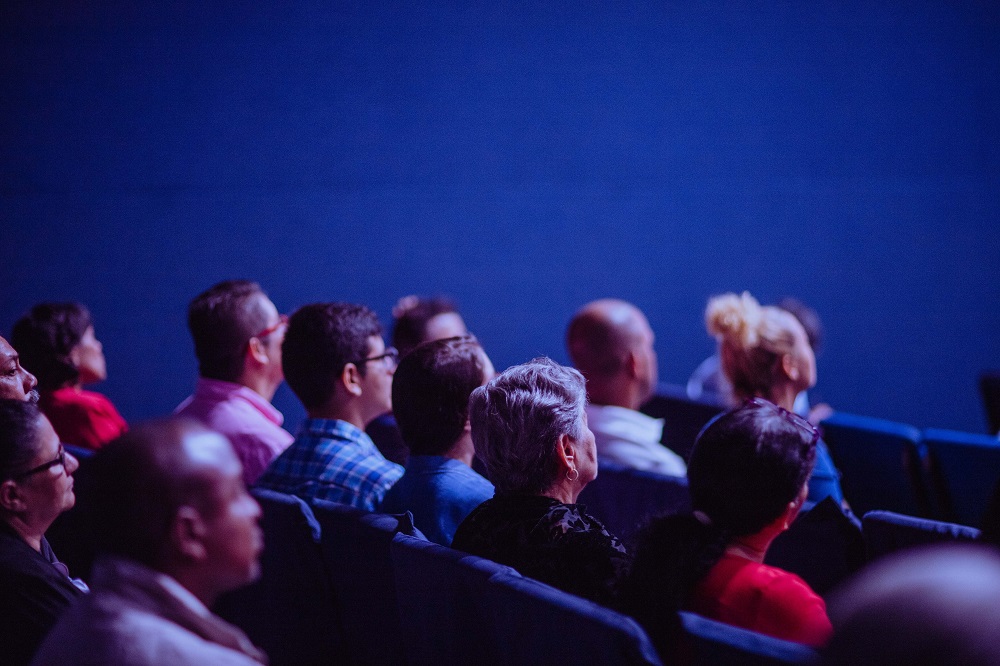SMP Seminar Series - Week 9
For our final seminar for Semester 1, hear from Dr Biance Calabria and Timothy Hatfield
Speakers
Content navigation
Description

Presentation 1: Title: Understanding Strengths, Hidden By Deficit Models, of Autism and ADHD
Presenter: Dr Bianca Calabria is a Clinical Psychologist and the Director of The Teal Psychology Space Pty Ltd. She is also an Honorary Senior Clinical Lecturer at the Australian National University, and an Adjunct Senior Lecturer at UNSW Australia. Dr Calabria is neurodivergent. Dr Calabria has worked as an academic researcher for over 15 years in the areas of wellbeing and trauma. Her research includes participatory action research principles, implementation science, and intervention development and evaluation. In her clinical role, Dr Calabria therapeutically supports neurodivergent people to improve their wellbeing, connect with their authentic self and improve daily functioning. Bianca has a particular interest in and experience working therapeutically with people who are twice-exceptional (2e). Additionally, Dr Calabria works with neurodivergent and neurotypical people who have experienced complex trauma. She also conducts adult autism and ADHD diagnostic assessments. Dr Calabria is a member of the Australian Clinical Psychologists Association (ACPA), the Australian Psychology Society (APS) and their College of Clinical Psychologists, and the Canadian ADHD Resource Alliance (CADDRA).
Abstract: Current research has demonstrated unique strengths and distinct ways of being for individuals who are Autistic and/or have ADHD. These strengths are hidden by the deficit models that inform the DSM-5-TR diagnostic criteria. Autistic and ADHD strengths are also hidden when individuals experience neurodivergent burnout and/or the negative impacts of stigma. It is essential that clinicians and researchers understand the daily negative impacts experienced by individuals who are Autistic and/or have ADHD, and current knowledge of Autistic and ADHD neurotypes, so that they can differentiate and determine the mechanisms that limit functional capacity and hide strengths. Neurodivergent-affirming approaches for clinical practice and research can support improved functional capacity for individuals who are Autistic and/or have ADHD so that their daily suffering is reduced, and their capabilities and strengths can be demonstrated.
Presentation 2: Meeting Thinking Hearts: Autistic Bodies in Context
Presenter: Timothy Hatfield is currently completing his PhD in Clinical Psychology at the Australian National University. His primary research interest relates to the psychology of physical symptoms and his thesis examines interoception in people with autism spectrum disorder (ASD). He recently advanced a new integrative theory positing that people with ASD may experience a reduced capacity to integrate discrete interoceptive stimuli into global feeling states; potentially impacting social, behavioural, and homeostatic drives. Clinically, Timothy is a Clinical Psychologist Registrar in Private Practice in Newcastle, NSW. He a has temperamental affinity for psychoanalytic psychotherapy and attempts to combine insight and understanding with contemporary cognitive and behavioural interventions to inform therapeutic treatment recommendations.
Abstract: Research over the past four decades has seen renewed interest in the way the human body—and the way in which it is perceived—interacts with other aspects of our experience. Consequently, interoception (i.e. the perception of physiological feedback from the body) has become relevant to the study of autism spectrum disorder (ASD). In this presentation, Timothy will discuss the newly recognised importance of interoception in ASD with a focus on a novel theory that suggests a potential link between reduced bodily stimulus binding and the core features and co-occurring psychopathology of ASD. Timothy will then turn a critical eye towards his own research and identity as a non-autistic researcher. His aim is to invite us to push past the illusory contours of diagnostic labels and toward relational and participatory research in ASD.
Location
In person: Innovations Theatre, Anthony Low Building
Via Zoom: https://anu.zoom.us/j/86578635900?pwd=Tk4wSytETnRRWDhDOG5FUzBITVAydz09
Meeting ID: 865 7863 5900
Password: 373109
